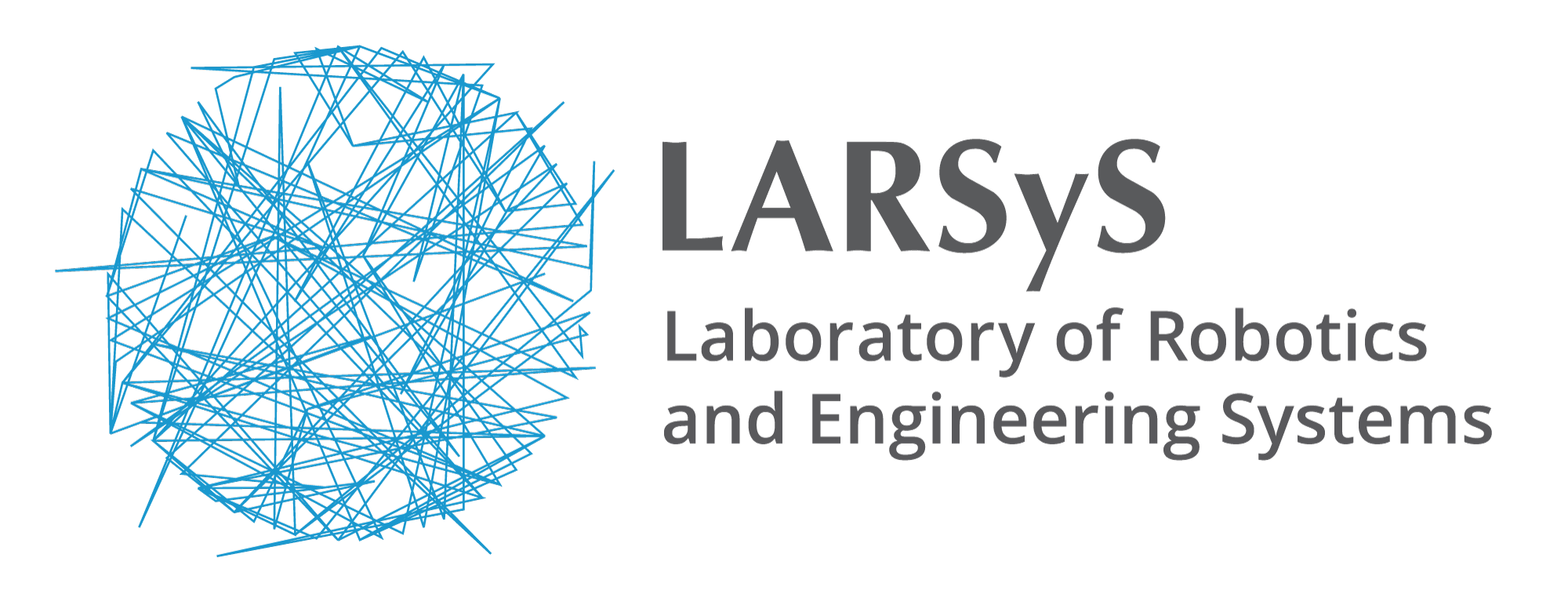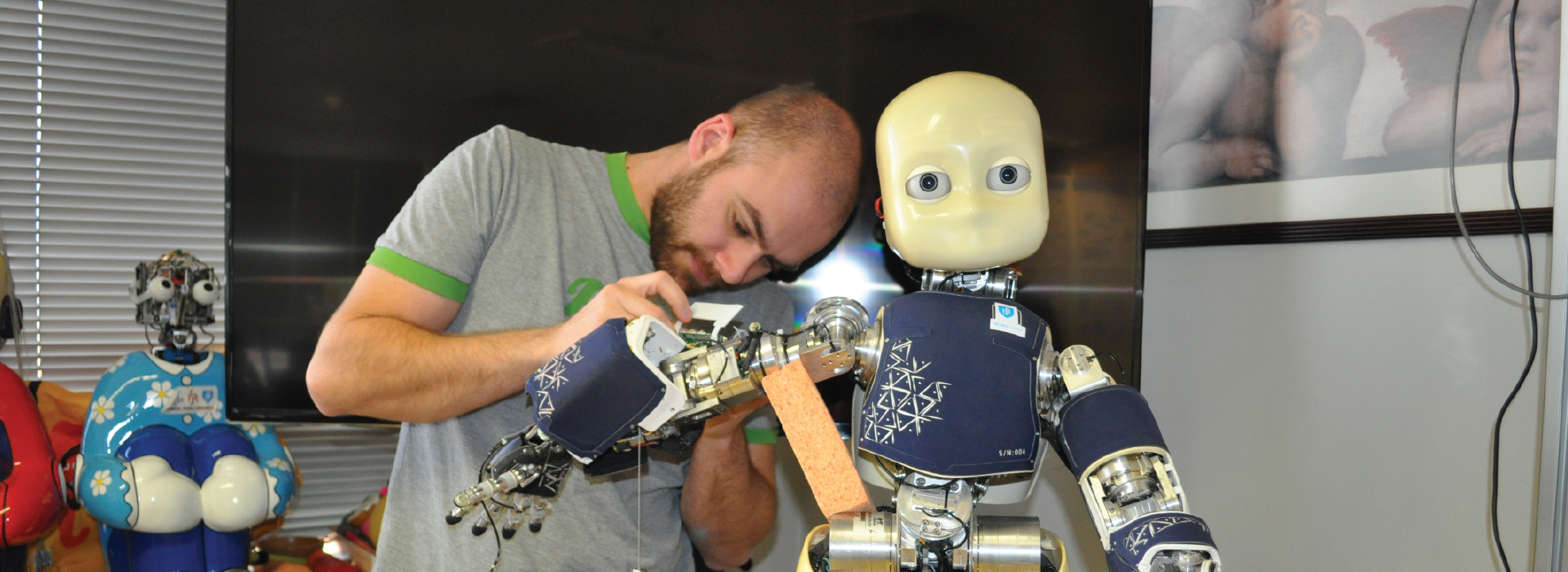The ROBOTICS, BRAIN AND COGNITION program involves EPFL and has been operating successfully for several years, with 10 PhDs jointly awarded by IST and EPFL.
The motivation of RBCog is that despite the impressive developments in neuroscience research over the past decades, we do not yet fully understand how our brains enable us to
recognize objects and actions, how we learn, how we plan, or how we use language. A better understanding of brain function and cognition will help us to manage neurological and psychiatric diseases, and allow us to develop new systems, devices or robots that will interact with humans in a natural and cognitively compatible way. On other grounds, multi-robot systems pose challenging problems concerning distributed control and perception, or the emergence of complex behaviors, for which bio-inspired solutions, adequately mold by system theory, are a key factor.
In RBCog, the interplay between life sciences and engineering is critical and opens up new avenues both for scientific research as well as for the design of new applications with a clear societal impact.
Objectives
- Advancing our understanding of brain function in humans
- Developing new robotic systems based on biologically plausible principles.
How to apply
Applications are submitted through the IST doctoral programs online platform here. Students first provide an email address and follow the online instructions to submit the required documents. For applications to this specific doctoral program, students must choose:
| Area: | Robotics, Brain, and Cognition |
| Phd Program: | Electrical and Computer Engineering |
| EPFL Phd Programme: | Not Applicable or chosen by thesis subject |
Students will then be able to sort the available themes according to preference and submit the required documents.
More information here.

